Description
What are the benefits of a personal line of credit vs a personal loan?
Both are unsecured loans, meaning they don’t require collateral, but here are the key benefits of each:
A personal loan is one-time funding with fixed interest rates and fixed monthly payments. A fixed rate is an interest rate that stays the same throughout the loan. Personal loans often have lower interest rates if you have good credit. Also, you don’t have to be a U.S. Bank customer to apply for a personal loan.
A personal line of credit gives you instant access to your available credit, as you need it. It doesn’t require a specific purchase purpose and carries a variable interest that only accrues on the money you borrow. A variable interest is an interest rate that might change, according to the terms of your contract.
How do personal loans work?
Understanding how loans and credit work is critical to good financial health. Brush up on what you know about borrowing money.
How well do you understand your options for borrowing money? Review this loan terminology glossary to study up on loans, lending, lines of credit and more.
Loans can provide an opportunity to buy a new vehicle or home, or provide short-term cash in an emergency. Understanding how loans and credit lines work are critical to financial health, so brushing up on the basics can help you be a more responsible borrower.
Loan
A loan is a business contract between borrower and a lender. Those two parties are often a bank customer and a bank, respectively. A loan contract indicates that you get a lump sum of money now, with the expectation that you’ll pay it back to the bank later, usually with interest included. A term loan means a borrower will lend a certain sum of money in exchange for certain loan terms. These are commonly used by small businesses or individuals purchasing a large asset, like a home or a building. Term loans can offer lower interest rates and more flexibility.
Interest
The amount it costs for the bank to lend you money. The loan typically includes a percentage fee, or interest, as a cost of borrowing. That interest rate may be fixed throughout the term of your loan, or it may change. Variable interest rates can potentially change, according to the terms of your contract.
Variable interest rate
An interest rate that might change, according to the terms of your contract. An example of a common variable interest rate is a credit card with an introductory 0% annual percentage rate (APR) that then goes up to 15% once you’ve had the card for a year. Other loan types like student loans and adjustable-rate mortgages can include a variable interest rate as well.
Fixed interest rate
An interest rate that stays the same throughout the loan. Fixed interest rates don’t change, even when there’s inflation or a change in your payback habits. Credit cards don’t usually have fixed interest rates, but things like car payments and mortgages often do.
Open-end credit
A type of loan where you can make repeated withdrawals and payments with no final amount you’ll pay back. Credit cards and home equity loans are open-end lines of credit.
Closed-end credit
A type of loan in which all the funds are lended at once, and all the funds must be paid back. When the credit extended to you doesn’t have a set term, or end date, it is considered open-end credit. Credit cards are an example of open-end credit. Closed-end credit, on the other hand, has a set term. For instance, many mortgages are repaid over 30 or 15 years, making them a good example of closed-end credit.
Secured credit card
A credit card that requires a cash deposit to open an account. Secured credit cards are a common tool to help
These cards require a cash deposit, which the bank can use as collateral if you fail to make payments.
U.S. Bank named one of the 2023 World’s Most Ethical Companies
The Ethisphere Institute recognizes U.S. Bank for the ninth consecutive year
For the ninth consecutive year, U.S. Bank has been named one of the World’s Most Ethical Companies by the Ethisphere Institute, a global leader in defining and advancing the standards of ethical business practices.
“This award reflects our employees and their efforts to earn our customers’ trust.” said Andy Cecere, chairman, president and chief executive officer. “They work hard to do what’s best for our customers and communities and this honor recognizes their commitment to doing the right thing.”
Ethisphere recognized 135 honorees that span 19 countries and more than 35 industries. U.S. Bank is one of four honorees in the banking category and the largest of the two U.S.-based banks recognized by Ethisphere.
The World’s Most Ethical Companies assessment is based on Ethisphere’s Ethics Quotient® framework. It includes more than 200 questions on culture, environmental and social practices, ethics and compliance activities, governance, diversity and initiatives to support a strong value chain. The process captures and codifies the leading practices of organizations across industries and around the globe.
About U.S. Bank
U.S. Bancorp, with approximately 77,000 employees and $675 billion in assets as of December 31, 2022, is the parent company of U.S. Bank National Association. The Minneapolis-based company serves millions of customers locally, nationally and globally through a diversified mix of businesses: Consumer and Business Banking; Payment Services; Corporate & Commercial Banking; and Wealth Management and Investment Services. MUFG Union Bank, consisting primarily of retail banking branches on the West Coast, joined U.S. Bancorp in 2022. The company has been recognized for its approach to digital innovation, social responsibility, and customer service, including being named one of the 2022 World’s Most Ethical Companies and Fortune’s most admired superregional bank. Learn more at usbank.com/about
About Ethisphere
Ethisphere® is the global leader in defining and advancing the standards of ethical business practices that fuel corporate character, marketplace trust and business success. Ethisphere has deep expertise in measuring and defining core ethics standards using data-driven insights that help companies enhance corporate character and measure and improve culture. Ethisphere honors superior achievement through its World’s Most Ethical Companies recognition program and provides a community of industry experts with the Business Ethics Leadership Alliance (BELA). More information about Ethisphere can be found at:
.
0 Reviews
Business Details
Browse Nearby
Statistics
- 852Views
- Ratings
- 18-05-2023 22:16:02
Share this info
Login to your Be found account

No Account yet? Click here to signup
Already have an account? Sign In
FEEDBACK / SUGGESTIONS
Give us your valuable feedback to make website more user friendly


Leave your details below


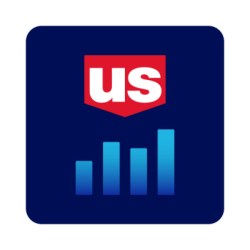
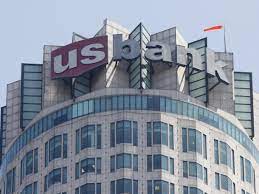
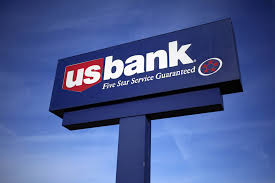
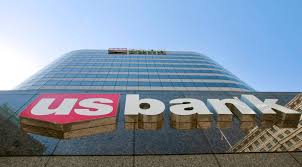
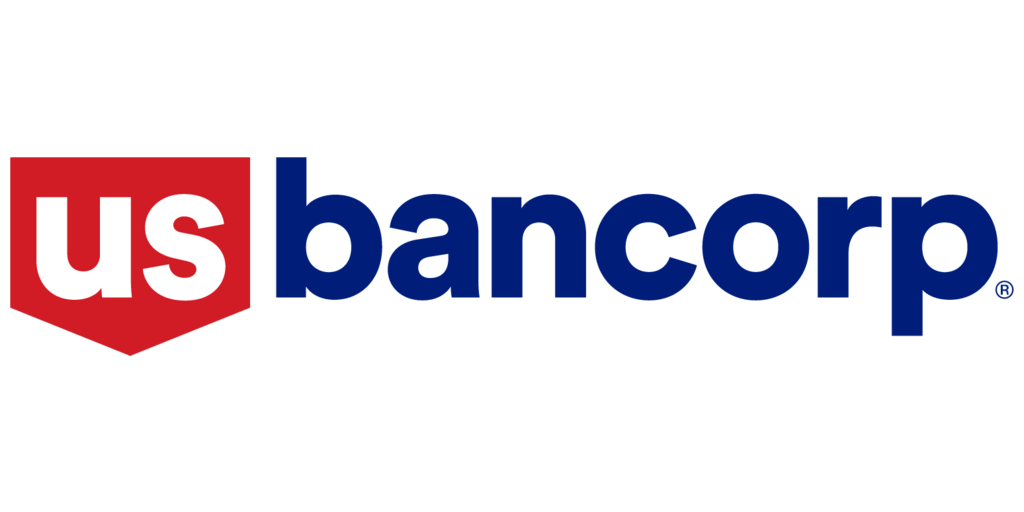
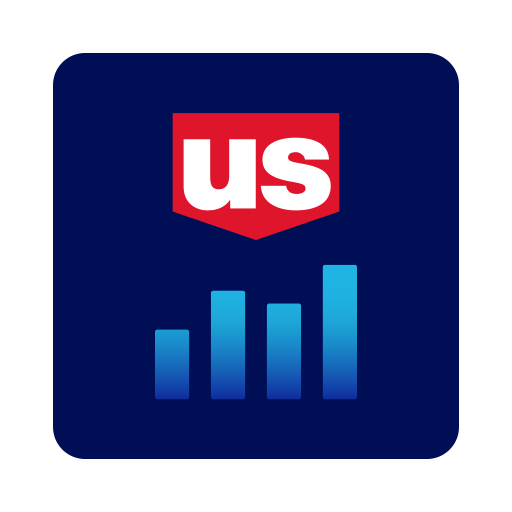
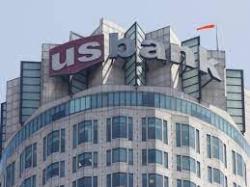
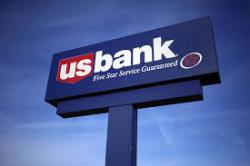
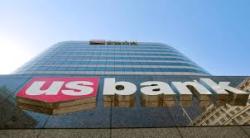
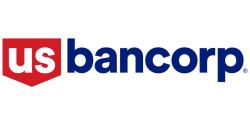
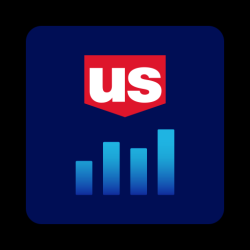
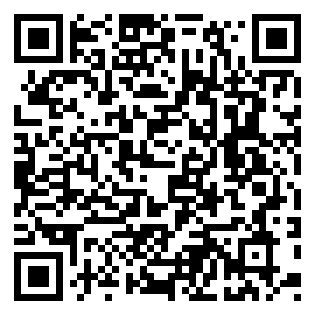
Sign in by Email